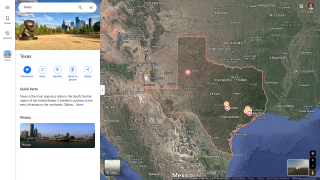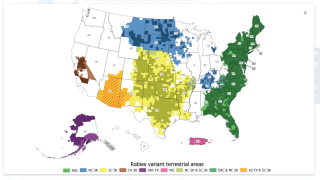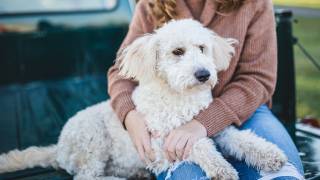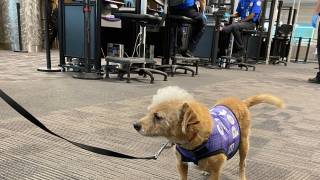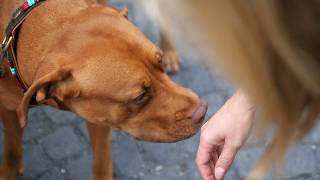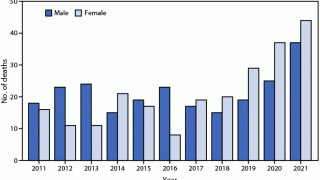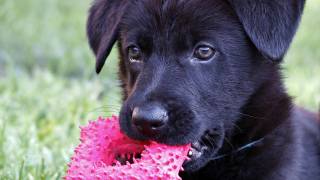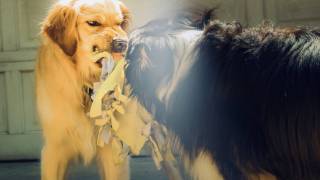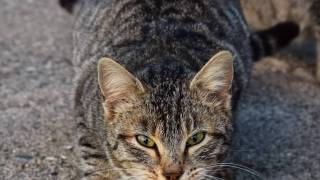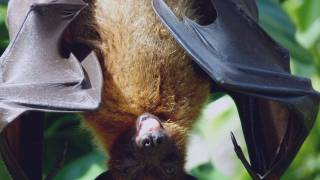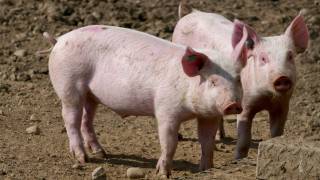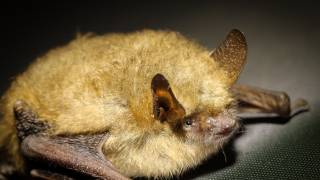6 Rabid Raccoons Identified in NYC
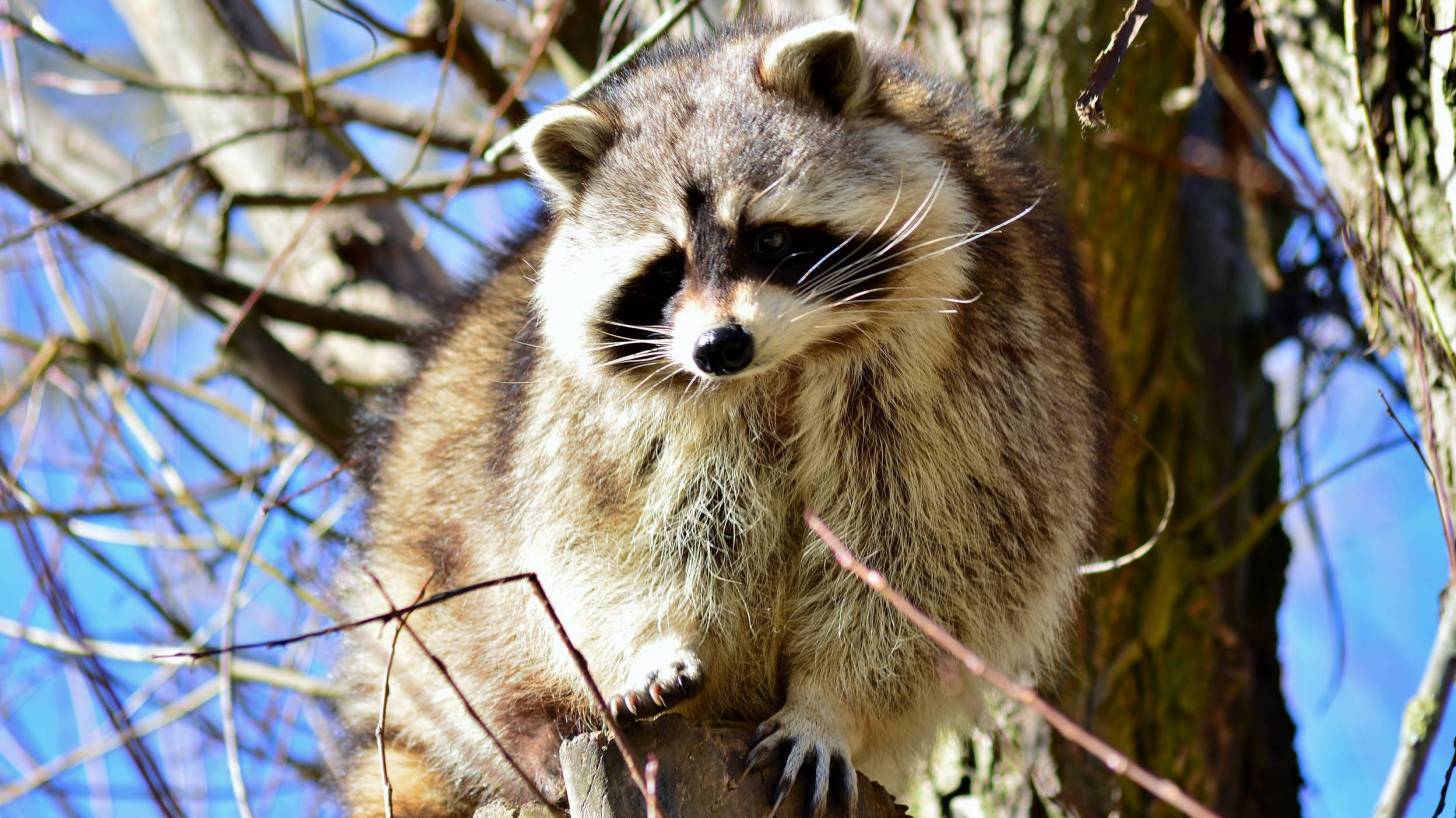
The New York City Department of Health and Mental Hygiene announced on March 9, 2019, that it has identified 6 animals with rabies in 3 of NY’s 5 boroughs.
During 2019, there have been 6 rabid raccoons identified in New York City:
- 4 raccoons in or near Inwood Hill Park in upper Manhattan
- 1 raccoon from the Bronx
- 1 raccoon from Staten Island
There are no known bites or exposures to humans from these animals, reports health officials.
Since 1992, when animal rabies surveillance began, over 600 animals have tested positive for rabies in New York City.
Since rabies is nearly always fatal once symptoms develop in a human, all potential exposures must be taken seriously says the Centers for Disease Control and Prevention (CDC).
The Health Department is reminding New Yorkers to stay away from raccoons and other wild animals that can carry rabies.
The Parks Department is posting signs in Inwood Hill Park warning residents to stay away from raccoons. These are the 1st rabid raccoons identified in Manhattan since 2011.
Manhattan experienced a large outbreak from 2009 to 2011, during which 138 rabid raccoons were reported in and around Central Park.
NY Health Commissioner Dr. Oxiris Barbot said in a press release, “Keep a close eye on your pets when you take them outside and if you see a wild animal – such as a raccoon – maintain a safe distance and do not approach it. Get your pets vaccinated against rabies, and if you think they’ve been bitten by a rabid animal, call 311.”
People and unvaccinated animals can get rabies through a bite from an infected animal.
To reduce the risk of rabies, New Yorkers should respect wildlife and avoid contact with all wild animals as well as stray or unfamiliar dogs and cats. Any animal that seems sick, disoriented or unusually placid or aggressive should be reported by calling 311.
Raccoons are the most commonly reported rabid animal in New York City. Staten Island and the Bronx have reported more rabid raccoons than Queens and Brooklyn.
In addition to raccoons, other animals that commonly test positive for rabies in New York City include skunks, bats, and cats.
To protect yourself against rabies:
- Do not touch or feed wild animals, stray dogs or cats.
- Keep garbage in tightly sealed containers.
- Respect wildlife. Enjoy them from a distance, and avoid contact with all wild animals as well as stray or unfamiliar dogs and cats.
- Any animal that seems sick, disoriented or unusually quiet or aggressive should be reported by calling 311.
- Do not try to separate animals that are fighting.
If you are bitten by an animal, follow these steps:
- Immediately wash the wound with soap and water and continue irrigating the wound for 10 to 15 minutes. This will help kill and remove any rabies virus that may have entered the wound.
- If the exposure was from a dog or cat, try to get the pet owner’s name, address and phone number or get information for any person that may be able to identify the animal.
- If bitten by a wild animal, call 311 to report the bite and find out if the animal can be captured and tested for rabies.
To protect your pet against rabies:
- Make sure your dog or cat is up-to-date on rabies vaccinations. If you are unsure, contact your veterinarian.
- If you are experiencing financial hardship, please visit the Health Department’s dog licensing page for upcoming free vaccine clinics.
- Keep your dog leashed while outdoors unless at a specified off-leash area or park.
- Do not leave your pets outdoors unattended.
- Feed pets indoors.
- If your pet has been in contact with a raccoon, skunk, bat or any other animal that might be rabid, contact your veterinarian, and report the incident to 311.
Every year, an estimated 40,000 people nationwide receive a rabies prevention treatment called post-exposure prophylaxis (PEP) after a bite or scratch from a domestic animal, such as dogs or cats, with unknown vaccination status.
Not all animal exposures require PEP.
Click for more information about rabies in New York City.
Our Trust Standards: Medical Advisory Committee



